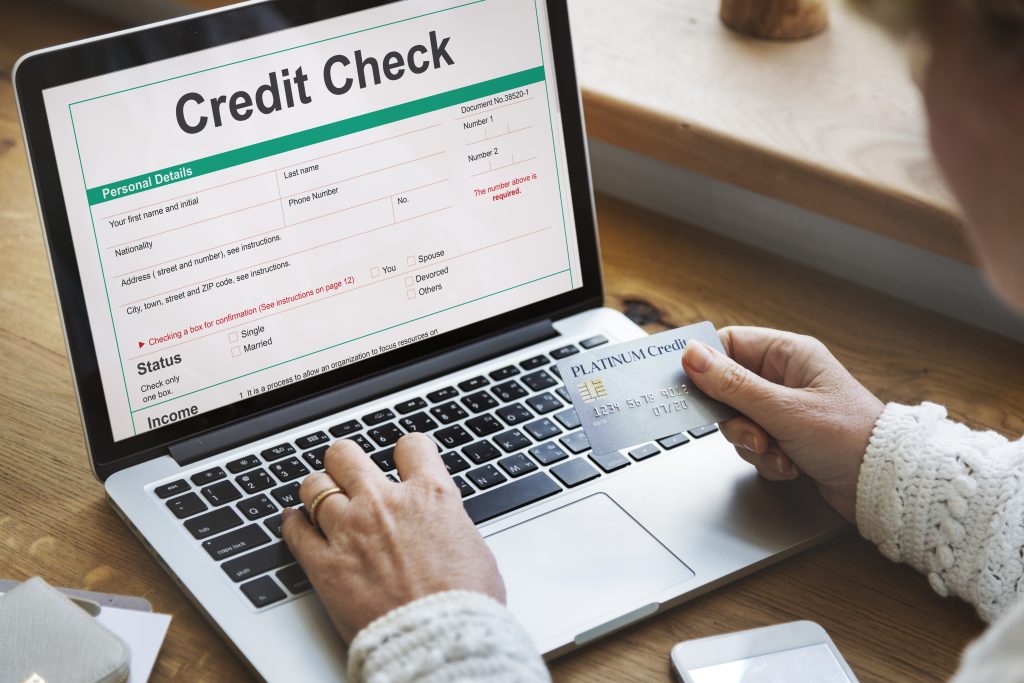In today’s financial landscape, understanding how to build a strong credit history is vital, especially if you’re in the United States. One of the most effective tools at your disposal is the credit card. By using credit cards wisely, you can significantly enhance your creditworthiness.
This blog post will explore strategies to maximize the advantages of credit cards to cultivate a robust credit profile. Whether you’re new to credit or looking to boost your existing score, these insights will help you make informed financial decisions, using the plastic card in your wallet as a stepping stone to solid credit health.
Understanding credit history

A strong credit history plays a key role in your financial success. Essentially, it’s a record of your borrowing behavior and repayment patterns. Lenders rely on this information to assess your reliability as a borrower. When you apply for loans, mortgages, or even rental applications, your credit history influences decisions significantly. Key components include payment history, amounts owed, length of credit history, and types of credit used.
Using credit cards to shape your credit history
The use of credit cards is integral in shaping your credit history. By maintaining responsible credit card use, you demonstrate reliability to future lenders. This includes making timely payments to avoid late fees and maintain a positive payment history. Furthermore, your credit utilization rate – the percentage of your available credit that you use – should remain low to reflect good credit habits. Tips for managing credit utilization:
- Try to keep your utilization under 30% of your total credit limit.
- Pay attention to how much credit you use relative to your limit.
- Aim to keep credit card balances low and avoid maxing out your cards.
The role of payment history in your credit score
Payment history is one of the most influential factors in your credit score, accounting for about 35% of the total calculation. Regular, on-time payments illustrate your ability to manage debt responsibly. Missing payments or making late payments can have a detrimental effect on your credit score, signaling financial instability. Ways to improve your payment history:
- Set reminders for payment due dates.
- Automate payments for at least the minimum due each month.
- Regularly review your account statements to track your spending.
Automating payments for financial consistency
Automating your payments is a strategic move to prevent any slip-ups that could tarnish your credit record. Establishing autopay for at least the minimum payment due each month ensures you never miss a payment. Alternatively, setting calendar reminders can also keep you diligent.
Building a habit of reviewing your monthly statements helps you track your spending and avoid unpleasant surprises. Robust financial discipline goes a long way, enhancing your profile in the eyes of creditors and paving the way for credit-building success.
Understanding credit utilization and its impact
Credit utilization, the ratio of your outstanding credit card balances to your credit limits, is another critical factor in determining your credit score. High utilization suggests that you rely heavily on credit, which can be a red flag to lenders. Aim to use less than 30% of your available credit to maintain a good credit score. Managing credit utilization effectively:
- Stay aware of your spending and periodically check your credit report.
- Make small payments throughout the month to keep your balance low.
- If possible, aim for a utilization ratio of 10% or less.
Choosing the right credit card for your needs
Selecting an appropriate credit card is crucial in your journey toward a solid credit history. Not all credit cards are created equal; some offer rewards, low interest rates, or other benefits tailored to your needs. For those new to credit, a secured credit card can be a prudent choice. These cards typically have higher approval rates and can help you build your credit profile when used responsibly. Tips for choosing the right credit card:
- Start with a secured card if you have no or poor credit history.
- If you have an established profile, consider cards with rewards or cashback.
- Research different cards to compare interest rates and fees.
Building Credit with Secured Cards
Secured credit cards can be a stepping stone for those starting with poor or no credit. A secured card requires a deposit, which acts as your credit limit, minimizing the issuer’s risk. Use the card like a regular credit card, making purchases and paying bills on time. Over time, as you consistently demonstrate good credit behavior, the issuer may increase your limit or offer an unsecured card. Advantages of secured cards:
- Easier approval for those with limited or poor credit history.
- Provides an opportunity to build or rebuild your credit profile.
- Over time, you may transition to unsecured cards with higher limits.
Exploring rewards and benefits from credit cards
Many credit cards offer rewards and benefits designed to encourage responsible usage. Cashback, travel miles, and points for purchases are standard options with many cards. While these perks are tempting, it’s essential to prioritize responsible spending over collecting rewards. Misusing these benefits can lead to increased debt, overshadowing any financial gains.
